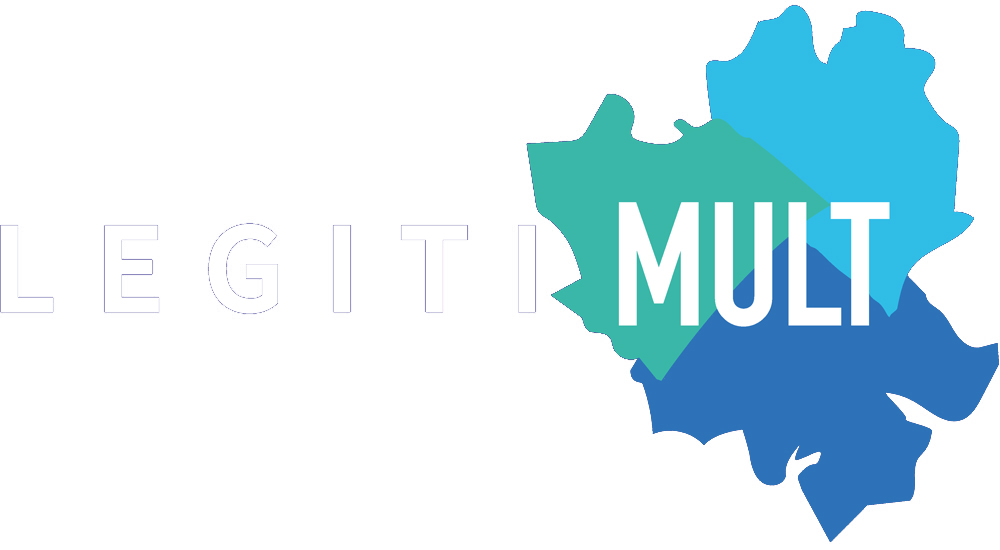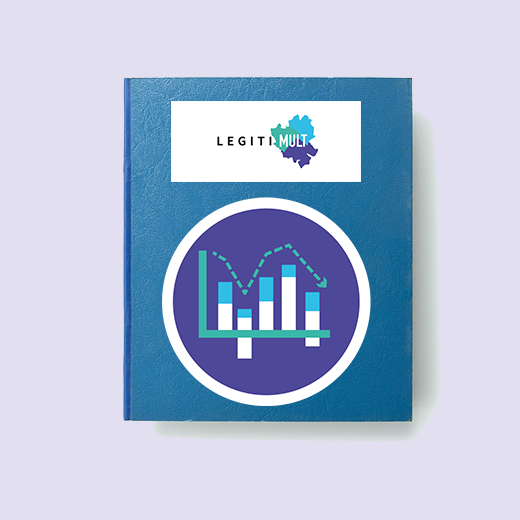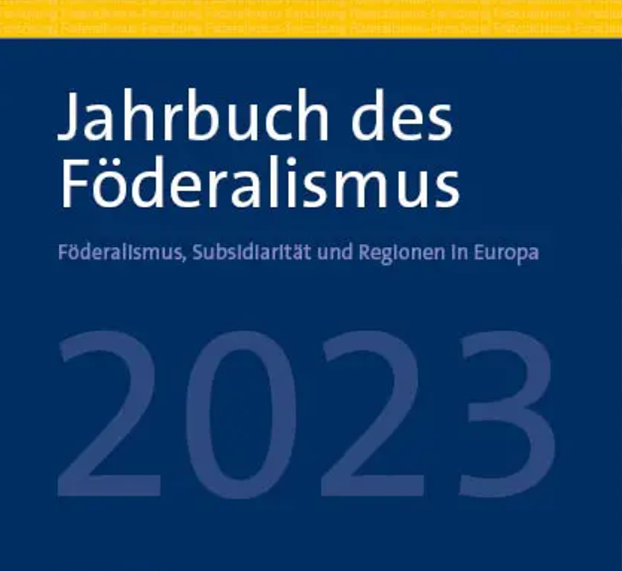Books & Book Chapters
In this section, you can find edited books, monographs and chapters published in edited books as well as author versions of forthcoming publications.
For the list of all LEGITIMULT project outputs, please visit our community online page on Zenodo.
Summary
Click any link below to access the item
This book chapter sets out to trace subnational authority during the Covid-19 countries in 27 European countries. The Subnational Government Epidemic Authority Index (SGEAI) is conceptually grounded in the methodology of the Regional Authority Index (RAI; Hooghe et al. 2016; 2021) and the Local Autonomy Index (LAI; Ladner et al. 2019) which differentiate self-rule from shared rule or interactive rule.
This chapter advances the theoretical framework by defining and classifying crises, with particular attention to transboundary crises. It then examines how crisis management functions within multilevel governance (MLG) systems and explores the legitimacy trade-offs that emerge across different levels of authority. The chapter concludes by discussing the implications of these trade-offs for achieving legitimate crisis governance in MLG contexts.
This chapter examines the roles and resilience of regional parliaments in decentralized European countries during the COVID-19 pandemic. Focusing on five legislatures with the highest institutional powers—Bavaria, the Flemish Community, Vienna, Zurich, and Madrid—it assesses their involvement in crisis governance. Our analysis shows that their representative and policy-making functions were limited, though to varying degrees. Notably, the parliaments of Bavaria, the Flemish Community, and Madrid distinguished themselves through extensive ex post oversight activities during the first twoyears of the pandemic.
This chapter discusses citizens’ political trust in multiple government tiers in times of crisis. We examine how citizens’ trust in governments at different levels varies when confronted with crisis-mitigating policies in multilevel systems. The multilevel approach to crisis governance in many countries underscores the importance of such a multilevel lens on political trust, itself an aspect of legitimate crisis response. Because of the various roles and competences of different levels during the crisis, we expect variation in citizens’ trust between government levels, possibly correlating with different political systems, reflecting subnational levels’ autonomy and shared rule.
In this chapter Edina Szöcsik analyses COVID-19 crisis governance as a major stress test for both democracy and multilevel governance. She highlights how, under conditions of urgency and uncertainty, executive actors dominated decision-making through emergency measures that restricted fundamental rights, while parliaments were often limited to ex-post oversight. Focusing on decentralized and federal systems, she shows that the pandemic significantly challenged intergovernmental relations, with varying degrees of coordination between federal and subnational governments.
This chapter is the preprint version of a publication featured in the 2023 yearbook Jahrbuch des Föderalismus 2023 – Föderalismus, Subsidiarität und Regionen in Europa, published by the Europäischen Zentrum für Föderalismus-Forschung Tübingen (EZFF). The 2023 edition focuses on the theme of “crisis federalism.” Authored by Mario Kölling, Marius Guderjan, and Johanna Schnabel, the chapter is titled “Multilevel Crisis Management: COVID-19 Responses in Federal and Decentralised Polities.” It examines the strengths and weaknesses of decentralisation and intergovernmental coordination in managing external shocks.
Original book: Jahrbuch des Föderalismus 2023 – Föderalismus, Subsidiarität und Regionen in Europa, Nomos.
If you have any feedback or questions about our publications, please contact the Institute of Federalism








